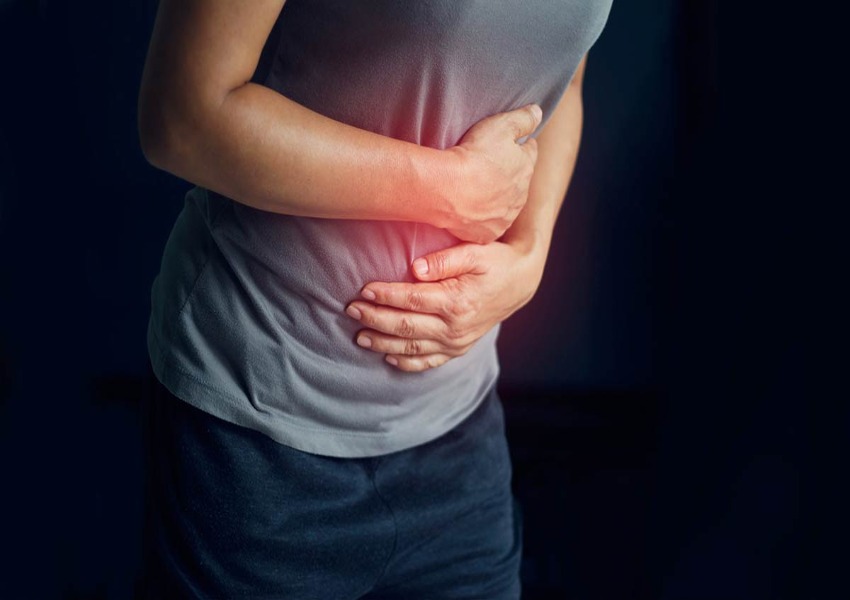There are a variety of reasons that can cause improper digestion and intestinal gas (flatus). Some influencing factors are diet, antibiotics, food allergies, and leaky gut syndrome.
     Diet:
     If you’re someone who eats a lot of beans, fruits, vegetables, and grains you may be getting too much fiber in your diet, which is causing the flatulence. Cutting out high sugar producing foods such as fruits, beans, and grains would allow your stomach to digest more easily. Regarding vegetables, eating a salad that has raw cold veggies causes your stomach acid to have to work harder. Taking time to cook your vegetables helps your stomach digest much faster. Steaming your vegetables is the most effective way to gain the highest nutrition from them (see recipes on our site). Eating cooked vegetables and proteins are the ideal foods to digest best. Other high sugar producing foods to cut out are ice cream, carbonated beverages, cereals, wheat, candy, and fruits.
     Antibiotics:
     Antibiotics, although effective in killing bad bacteria, also kill good bacteria in your body. It interrupts the normal bacteria flora in your bowel. It’s extremely important to be taking probiotics while taking antibiotics to help build back up the good bacteria in your body. Probiotics can be found in yogurt with live and active cultures. It is recommended to take a broad range probiotic with several strains in order to counteract the negative effects of antibiotics. Researchers around the world are studying how active cultures from live foods like yogurt or kefir can prevent gastrointestinal infections.
     Food Sensitivities:
     The most common food intolerance’s are dairy and gluten. A lactose and gluten intolerance doesn’t allow your body to break down sugar as easily, which causes gas and bloating in some people. A gluten intolerance can lead to excess gas, weight gain or loss, or diarrhea. Nuts are a common allergy as well which can cause bloating. Taking an allergy test is beneficial to find out what foods your body doesn’t agree with and is reacting to (ask us about the 30 food allergy test).
     Leaky Gut Syndrome:
     Leaky Gut Syndrome is an increased permeability of the intestines. This permeability of the gut allows toxins, wastes, and undigested food to secrete into your bloodstream. Thus causing bloating, gas, food allergies, and lack of concentration. For more details on leaky gut go to   Leaky Gut Symptoms
     Additional remedies:
     Eat smaller meals more often, while eating slowly and chewing thoroughly. We recommend DRINKING your food and CHEWING your fluids. Or, do not take another bite until what you are chewing now is a pure liquid that you can swallow.   Take a digestive enzyme. There are multiple enzyme combinations for various uses, occasions and conditions.   Take 2 tablespoons of apple cider vinegar before a meal, which will add to your stomach acid and help break down the food your body is digesting.
February 16, 2016





